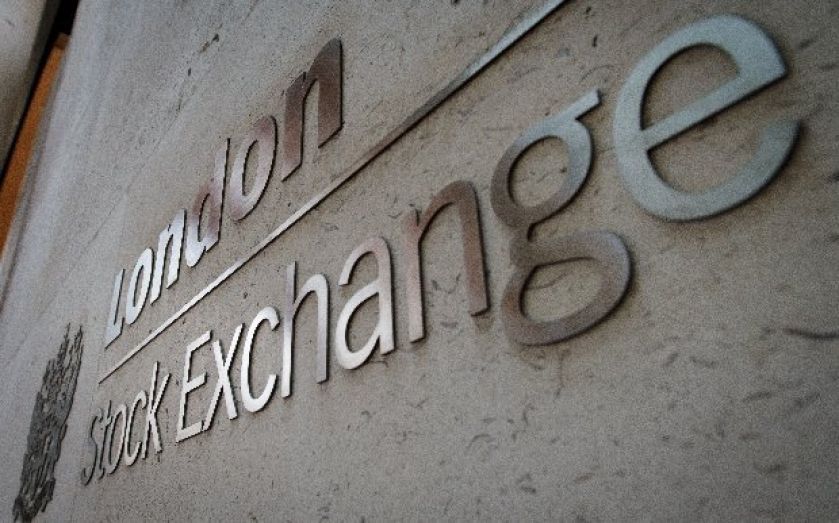| Updated:
UK company profit warnings at three year high, says report

The number of profit warnings issued by FTSE 100 companies was at a three-year high in the first quarter, according to a report by Ernst & Young.
In its quarterly Analysis of UK Profit Warnings report, the consultancy firm revealed that companies listed on the London Stock Exchange issued a total of 74 warnings during the period: the highest number since the first quarter of 2011, when 126 warnings were issued.
Companies that issued the warnings in the first quarter of 2014 included construction company Balfour Beatty, outsourcing firm Serco, luxury brand Mulberry and retailers Asos and Mothercare.
The average number of profit warnings for any quarter since the beginning of 2009 has been 65.
Recent results have shown signs of strong economic recovery for the UK, with official figures released on Friday revealing that the economy had at last returned to its pre-crisis level: GDP growth for the second quarter of the year was 0.8 per cent, representing the sixth consecutive quarter of growth.
According to the report, one of the main causes of the rise in profit warnings was increased competition, with almost 20 per cent of warnings citing competitive or pricing pressures, compared with 7 per cent a year earlier.
20 per cent also identified the strength of the pound as an influencing factor: the pound has risen by around 13 per cent against the dollar this year because of the prospect of interest rate changes.
"Pricing and competitive pressures are clearly affecting businesses in 2014," the report says. “Domestic demand is improving, but pricing pressures, emerging market anxieties and currency headwinds continue to lower profit expectations.”
Mobile telecommunications hit hardest
The graph below shows the sectors where over ten per cent of FTSE 100 companies issued warnings in the first quarter.
22 per cent of mobile telecommunications companies issued warnings: the most of any sector. This was followed by the aerospace & defence and leisure goods sectors, where 18 per cent of companies issued warnings in each case.
The report lists these sectors' susceptibilities to the US shutdown, global government austerity and adverse exchange rates as being some of the main causes.